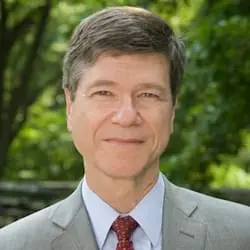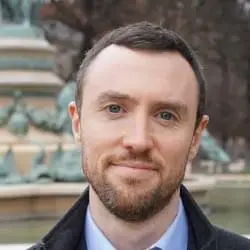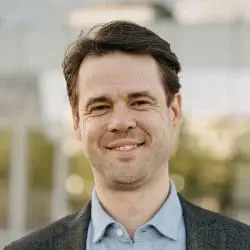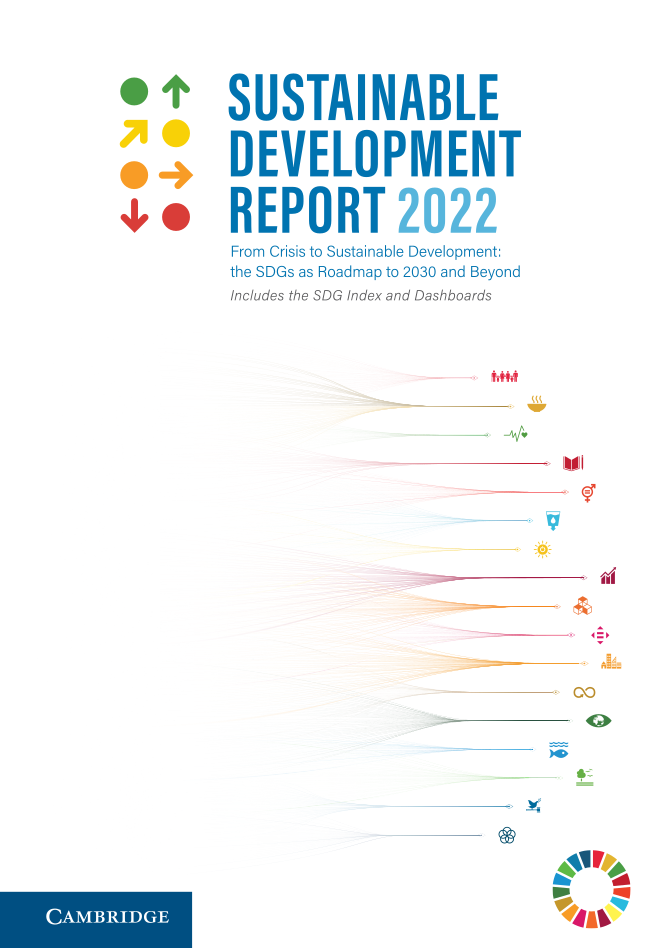More details
About the Authors
Prof. Jeffrey Sachs
Director, SDSN; Project Director of the SDG Index

Jeffrey D. Sachs is a world-renowned professor of economics, leader in sustainable development, senior UN advisor, bestselling author, and syndicated columnist whose monthly newspaper columns appear in more than 100 countries. He is the co-recipient of the 2015 Blue Planet Prize, the leading global prize for environmental leadership, and many other international awards and honors. He has twice been named among Time magazine’s 100 most influential world leaders. He was called by the New York Times, “probably the most important economist in the world,” and by Time magazine, “the world’s best known economist.” A survey by The Economist in 2011 ranked Professor Sachs as amongst the world’s three most influential living economists of the first decade of the 21st century.
Professor Sachs serves as the Director of the Center for Sustainable Development at Columbia University. He is University Professor at Columbia University, the university’s highest academic rank. During 2002 to 2016 he served as the Director of the Earth Institute. Sachs is Special Advisor to United Nations Secretary-General António Guterres on the Sustainable Development Goals, and previously advised UN Secretary-General Ban Ki-moon on both the Sustainable Development Goals and Millennium Development Goals and UN Secretary-General Kofi Annan on the Millennium Development Goals.
Guillaume Lafortune
Director, SDSN Paris; Scientific Co-Director of the SDG Index

Guillaume Lafortune took up his duties as Director of SDSN Paris in January 2021. He joined SDSN in 2017 to coordinate the production of the Sustainable Development Report and other projects on SDG data and statistics.
Previously, he has served as an economist at the Organisation for Economic Co-operation and Development (OECD) working on public governance reforms and statistics. He was one of the lead advisors for the production of the 2015 and 2017 flagship statistical report Government at a Glance. He also contributed to analytical work related to public sector efficiency, open government data and citizens’ satisfaction with public services. Earlier, Guillaume worked as an economist at the Ministry of Economic Development in the Government of Quebec (Canada). Guillaume holds a M.Sc in public administration from the National School of Public Administration (ENAP) in Montreal and a B.Sc in international economics from the University of Montreal.
Contact: Email
Prof. Christian Kroll
Prof. of Sustainability, IU International University of Applied Sciences; Senior Advisor, SDSN; Scientific Co-Director of the SDG Index

Christian Kroll is Professor of Sustainability. He created the prototype SDG Index as the world’s first measurement tool of the SDGs in the September 2015 publication “Sustainable Development Goals: Are the rich countries ready” with a foreword by Kofi Annan. Christian was honoured as a Young Global Leader by the World Economic Forum in 2018 for his achievements. He authored articles in scientific journals spanning several disciplines. He lectures as full professor on sustainable development, sustainable finance (ESG), circular economy, and CSR at IU International University of Applied Sciences, and previously taught classes at the London School of Economics and Political Science, Hertie School of Governance in Berlin, and held positions at Jacobs University Bremen and Bertelsmann Stiftung. Christian gained a PhD from the London School of Economics and Political Science with a thesis entitled "Towards a Sociology of Happiness". His research has featured in national and international media such as BBC World News, Harvard Business Review, Washington Post, Le Monde, Die Zeit, ARD, Spiegel Online among others.
Contact: Email / Twitter / Web
Grayson Fuller
Senior Analyst, SDG Index, SDSN

Grayson Fuller is the Senior Analyst at SDSN. His role consists of managing the data, coding, and statistical analyses for the SDG Index and Dashboards report. He additionally carries out research related to sustainable development. Grayson received his Masters degree in Economic Development at Sciences Po Paris. He holds a Bachelors in Latin American Studies from Harvard University, where he graduated cum laude. Grayson has lived in several Latin American countries and speaks English, Spanish, French, Portuguese, and Russian. He enjoys playing violin and hails from Atlanta, GA.
Contact: Email
Finn Woelm
Coordinator for Data Science and Research, SDSN

Finn Woelm coordinates data science and research projects at the SDSN. He focuses on statistical analyses, data visualization, and web development. Prior to joining the SDSN, Finn co-founded a startup and worked for a number of organizations, including the International Panel on Social Progress. He holds a Bachelor of Arts in Interdisciplinary Studies from Naropa University in Boulder, Colorado, USA. Finn is passionate about open source, collaborative governance, and the environment.
About the Publishers
Sustainable Development Solutions Network (SDSN)
The Sustainable Development Solutions Network (SDSN) has been operating since 2012 under the auspices of the UN Secretary-General. SDSN mobilizes global scientific and technological expertise to promote practical solutions for sustainable development, including the implementation of the Sustainable Development Goals (SDGs) and the Paris Climate Agreement.
Bertelsmann Stiftung
The Bertelsmann Stiftung is one of the largest foundations in Germany. It works to promote social inclusion and is committed to advancing this goal through programs that improve education, shape democracy, advance society, promote health, vitalize culture and strengthen economies. The Bertelsmann Stiftung is a non-partisan, private operating foundation.
Cambridge University Press Cambridge University Press dates from 1534 and is part of the University of Cambridge. Its mission is to unlock people's potential with the best learning and research solutions. Its vision is a world of learning and research inspired by Cambridge. Playing a leading role in today's global market place, Cambridge University Press has over 50 offices around the globe, and distributes products to nearly every country in the world.
Acknowledgements
The report was coordinated by Guillaume Lafortune, in cooperation with Christian Kroll and under the overall supervision of Jeffrey D. Sachs. Lead writers are Jeffrey D. Sachs, Guillaume Lafortune, Christian Kroll, Grayson Fuller, and Finn Woelm. The statistical work was led by Grayson Fuller, Finn Woelm, and Guillaume Lafortune. The interactive website and data visualization that accompanies this report was developed by Max Gruber and Finn Woelm. Other major contributors to the data and analyses in this year’s report include Leslie Bermont Diaz, Salma Dahir, Alainna Lynch, Isabella Massa, Samory Toure, and Rosalie Valentiny. We also thank Alyson Marks, Castelline Tilus, and Grant Cameron from the Thematic Research Network on Data and Statistics (SDSN TReNDS) for preparing Part 4. SDG Data Systems and Statistics.
The SDR 2022 combines data and analyses produced by international organizations, civil society organizations, and research centers. We thank all of these for their contributions and collaboration in producing the report, including during the annual public consultation process that took place in March and April 2022.
We also thank the regional and national SDSN networks, the SDSN secretariat, and experts and government officials for responding to the 2022 survey on “national implementation and coordination mechanisms for the SDGs at the central/federal level” and providing comments and feedback at various stages.
María Cortés Puch, Maëlle Voil, Cheyenne Maddox, and Ryan Swaney provided communication support for the launch of the report. We thank Philip Good and Roisin Munnelly from Cambridge University Press & Assessment and Roberto Rossi of Pica Publishing for preparing the manuscript for publication.
